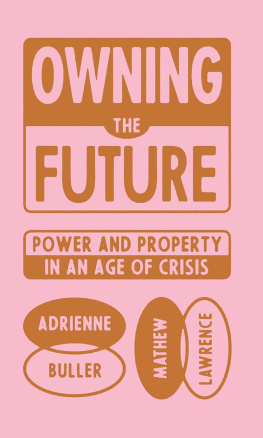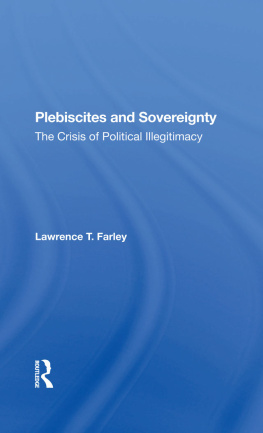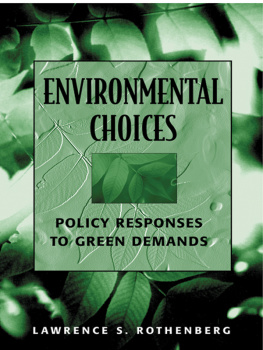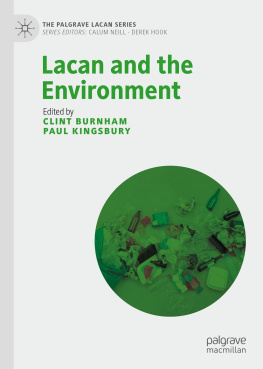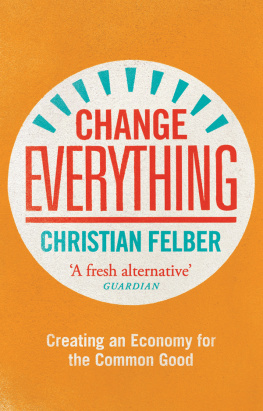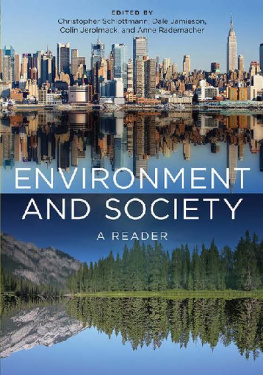Contents
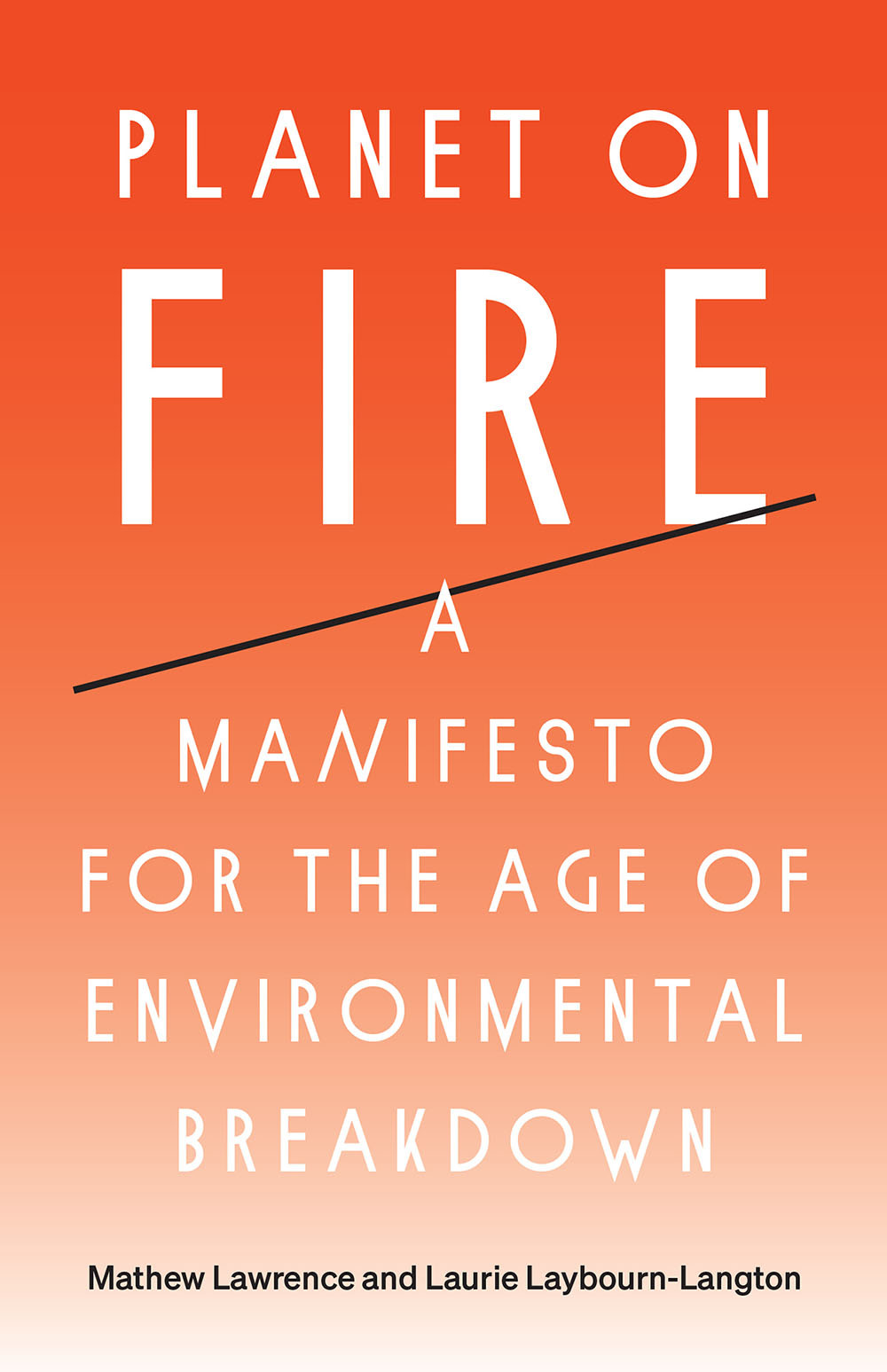
Planet on Fire
Planet on Fire
A Manifesto for the Age of
Environmental Breakdown
MATHEW LAWRENCE AND
LAURIE LAYBOURN-LANGTON

First published by Verso 2021
Mathew Lawrence and Laurie Laybourn-Langton 2021
All rights reserved
The moral rights of the authors have been asserted
1 3 5 7 9 10 8 6 4 2
Verso
UK: 6 Meard Street, London W1F 0EG
US: 20 Jay Street, Suite 1010, Brooklyn, NY 11201
versobooks.com
Verso is the imprint of New Left Books
ISBN-13: 978-1-78873-877-4
ISBN-13: 978-1-83976-491-2 (EXPORT)
ISBN-13: 978-1-78873-879-8 (US EBK)
ISBN-13: 978-1-78873-878-1 (UK EBK)
British Library Cataloguing in Publication Data
A catalogue record for this book is available from the British Library
Library of Congress Cataloging-in-Publication Data
A catalog record for this book is available from the Library of Congress
Typeset in Monotype Fournier by Hewer Text UK Ltd, Edinburgh
Printed in the UK by CPI Group (UK) Ltd, Croydon CR04YY
CONTENTS
Not everything that is faced can be changed. But nothing can be changed until it is faced.
James Baldwin, As Much Truth
as One Can Bear, 1962
All states, markets, economies, welfare systems, militaries, major religions, scientific breakthroughs, cultures, medical advances, wars, and the people that fought them came about during a uniquely stable period of Earths natural history. That era is now over. In its place comes a new era of accelerating environmental destabilisation. The accumulated burden of centuries of exploitation and destruction now threatens the safe functioning of the natural systems upon which all life ultimately depends. Ours is the age of environmental breakdown.
It is to a subset of this destruction that the worlds attention has now turned: the accelerating crisis in the global climate system. The severity of the present situation was brought into sharp relief in October 2018 by a report from the UNs Intergovernmental Panel on Climate Change (IPCC), the global authority on the climate crisis. The report explored pathways to avoid 1.5C of warming above the average temperature prevailing before the atmospheric onslaught unleashed by over two centuries of fossil fuelpowered industrialisation. It was the latest in a long line of increasingly stark, desperate warnings about the scale and severity of the climate crisis.
In the report is a graph reproduced below that illustrates how quickly greenhouse gas emissions must decline in order to stave off increasingly catastrophic climate breakdown. Total global emissions must almost halve by 2030, and the global release of greenhouse gases must, in effect, end almost entirely by 2050. On the graph, these reductions are illustrated by a downward line, starting at the emissions rate around 2020 and falling to zero over the following thirty-odd years. The line the pathway to a liveable and humane future is so steep it is almost vertical. There are few, possibly no, historical examples of societies successfully undertaking such fundamental, transformative action in so little time.
This graph is one of the most important images in human history. It shows the existential challenge before us, the extraordinary changes required if life is to thrive.
The report received widespread coverage, its analysis summarised in a powerful, albeit misleading, message: we have twelve years to save the world. In truth, our planetary emergency demands immediate and decisive action. Indeed, for hundreds of millions of people, the crisis is already here and has been for generations. And so it is not possible to draw a line dividing the binary between safety and catastrophe; but we can say that the faster emissions are reduced now, the less harm will be done in future.
CO 2 emissions decline from 2020 to reach zero in 2055 or 2040
The earlier net zero is reached, the lower the chance temperatures exceed 1.5C
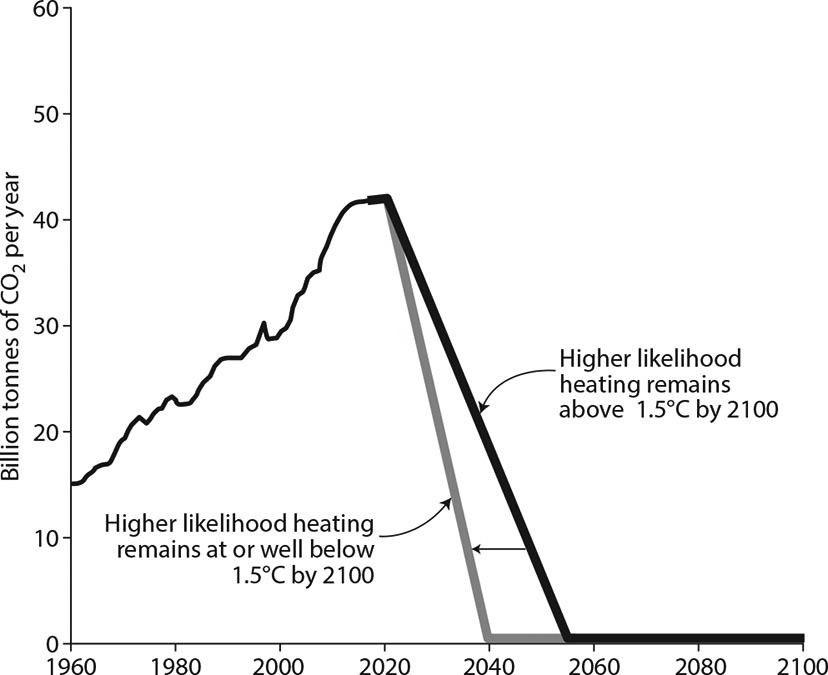
Source: Valerie Manon-Delmotte et al., An IPCC Special Report on the Impacts of Global Warming of 1.5C (2018)
However, even if half of all global emissions were eliminated by 2030, the prospect of climate breakdown would still not be averted. Net emissions must be reduced to and beyond zero, while dangerous tipping points in natural systems may have already been crossed. The violence of accelerating breakdown falling disproportionately on those least responsible for the damage is increasingly inscribed into our futures. The IPCC report was a clarion call in an age of profound emergency, a rallying cry for action soon to be amplified by campaigners around the world, from striking schoolchildren to Green New Dealers.
The Hour Is Late
The crisis is more severe than is generally realised. Warming is the result of the cumulative stock of emissions in the atmosphere. This has led the IPCC to set a budget for the remaining emissions the world can afford to release if we are to have a fighting chance of avoiding temperature rises above 1.5C. This budget, which underpins the twelve years left story, is small. Smaller, for example, than the greenhouse gases set to be emitted by existing fossil fueldependent infrastructure from cars to power plants if they are used to the end of their productive life.
Yet more emissions are on the way. When adding the contribution of fossil-fuelled power plants that are currently planned, licensed or under construction, let alone projected increases in car production, long-haul flights and carbon-intensive Western diets, emissions are set to far exceed that budget. It is estimated that Canada alone where just 0.5 per cent of the worlds population lives could use nearly a third of the remaining global budget if it exploits all of Albertas known tar sands reserves.
Moreover, the proposed budget could itself be overgenerous. The IPCCs models assume the large-scale deployment, in coming decades, of negative emissions technologies which would suck greenhouse gases out of the atmosphere, reducing their capacity to cause harm. But there is no silver bullet of this sort. Technologies are currently too expensive (potentially running into the hundreds of trillions of dollars), as yet untested or not even invented, or potentially devastating to ecosystems and societies.
In other words, we are hurtling towards an unmanageable destabilisation of the climate system. Critically, however, the climate crisis is only one, if crucial, element of the wider systemic challenge. The total impact of human activity over many centuries has damaged the great natural cycles that underpin life on Earth to the point of breakdown. Soils are depleted, species are lost, water dries up. The cascading disintegration of the natural world will increasingly push societies to the brink of collapse. Environmental breakdown is not only about emaciated polar bears and plastic in the sea. It is about famine, drought and disease, and how their higher incidence could destabilise individual nations and entire regions, leading to social strife and war.
This Is about Power
Awareness of environmental breakdown is growing, even among mainstream voices and institutions. Environmental charities and corporate social responsibility first movers are now joined by central bank governors, celebrities and media organisations all claiming to understand the crisis we face, and to be taking proportionate action. Technologists marvel at the falling prices of renewable energy. Governments commit to the successive phase-out of greenhouse gases, the banning of single-use plastics, and the investment of billions of dollars into the development of electric vehicles. Yet, overall, such efforts have thus far proved inadequate.


